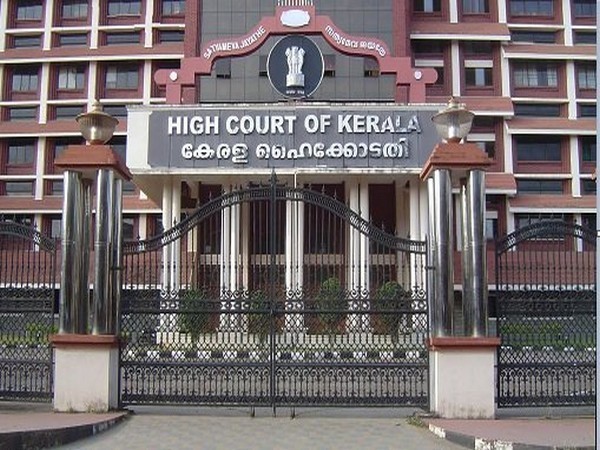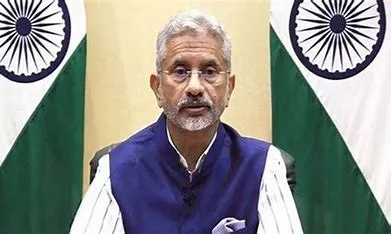The Kerala High Court in the case Jeny Thankachan v. Union of India and Ors observed and has laid down that mere uploading of an application under Section 96 of the Insolvency and Bankruptcy Code, IBC 2016 cannot be regarded as filing of an application for the interim moratorium to operate.
The bench headed by Justice N. Nagaresh in the case observed and has explained that the operation of interim and final moratorium as stated under Sections 96 and 101 of the Insolvency and Bankruptcy Code, IBC 2016 have serious repercussions, as the legal proceedings initiated against would be deemed to have been stayed and creditors of the debtor would not be able to initiate any legal action proceeding in respect of any debt of the debtor, once an application is filed.
The court in the case stated that section 96 of IBC provides that when an application is filed under Section 94, an interim moratorium shall commence on the date of the application in respect to all the debts and shall cease to have effect on the date of admission of such application.
The court in the case observed and has dismissed the contentions raised by the petitioner with regards to the overriding effect of IBC over the SARFAESI Act.
The court observed that unless there being any repugnancy between the provisions of the IBC 2016 and the SARFAESI Act, there would not be any question of the provisions of the IBC overriding the SARFAESI Act. Further, the court stated that the initiation of a Section 94 (IBC 2016) proceedings initiated by a Partner of an LLP in his capacity as a guarantor, could not be averted to the proceedings initiated against the petitioner by the Bank, but in his capacity as a guarantor, under the SARFAESI Act.
Accordingly, the court dismissed the plea.
The counsel, Advocates Shaji Chirayath, Jiji M. Varkey, M.K. Safeela Beevi, Savitha Ganapathiyatan, and M.M. Shajahan appeared for the petitioner. The counsel, Deputy Solicitor General of India S. Manu represented on behalf of the respondents.

















